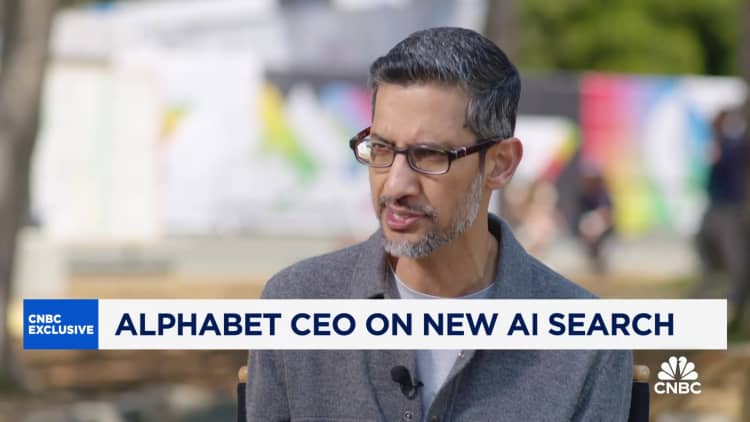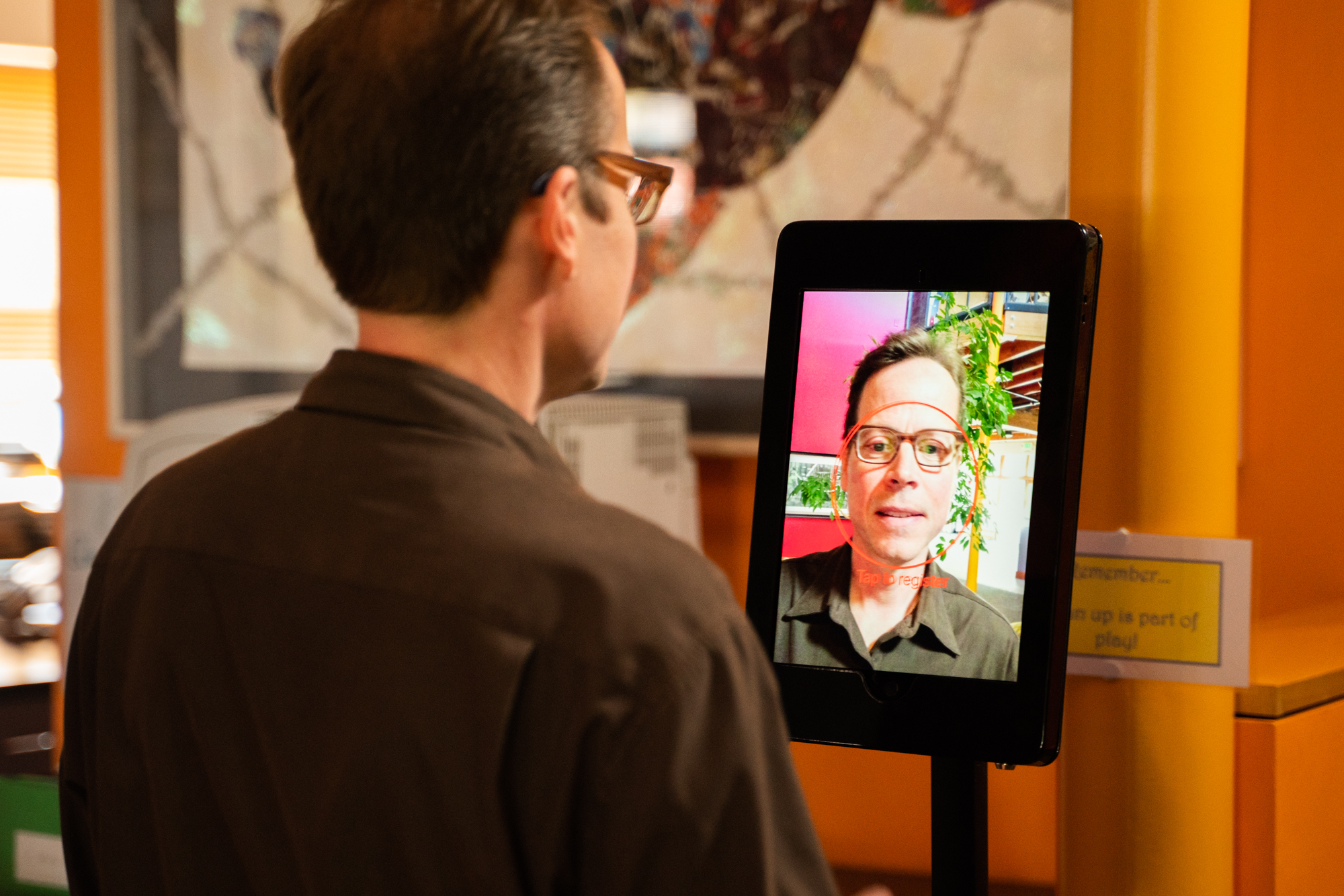Google is testing facial-tracking technology for campus security at its Kirkland, Washington office
According to a program description that CNBC viewed, Google is currently testing facial recognition technology for office security. This test aims to “prevent unauthorized individuals from gaining access to our campuses.”
According to the document, the initial test is being conducted at one of Alphabet’s facilities in Kirkland, Washington, a Seattle suburb. To ascertain whether unauthorized individuals are on the premises, interior security cameras have been accumulating facial data and comparing it to images stored from employee badge images, including the extended workforce.
The data will be utilized by Google’s Security and Resilience Services (GSRS) team to assist in identifying individuals who “may pose a security risk to Google’s people, products, or locations,” according to the document.
“Protocols have been established to ensure the safety and security of our individuals and facilities, including the identification, reporting, and potential removal of known unauthorized individuals.”
Individuals accessing the Kirkland testing site must accept the facial screening. Nevertheless, the document specifies that the data is “strictly for immediate use and not stored” and that employees can reject the storage of their ID images by completing a form. Google informed CNBC that ID badge photos were included in the test but will not be utilized in the future.
“Our security team has been testing and implementing new systems and protections for many years to ensure the safety of our people and spaces,” stated a Google spokesperson in an email.
In the past, Google has encountered at least one significant violent incident. Three individuals were injured when a woman opened fire at YouTube’s office in San Bruno, California, in 2018. YouTube was purportedly the focus of the shooter’s hatred due to the company’s decision to censor her videos.
The Kirkland test occurs at a critical juncture for Google. It is at the epicenter of the artificial intelligence boom and is swiftly integrating AI into its product and service offerings. The privacy concerns associated with surveillance are the primary reason for the controversy surrounding facial recognition technology.

Google proposed new security measures in 2021, such as installing fences around portions of its headquarters in Mountain View, California. This was particularly relevant given that the company’s construction plans included public and retail spaces. In the aftermath of protests and reductions over the past year, company executives have justified the restriction of employee access by citing security concerns.
In response to a downturn in the online ad market and a broader economic slowdown, the company announced plans to eliminate approximately 12,000 positions, or 6% of its workforce, in early 2023. Google has recently reduced its workforce by transferring certain engineering positions to Mexico and India.
In April, Google terminated over 50 employees following protests against Project Nimbus, the company’s cloud and AI contract with the Israeli government and military, and labor conditions. This was a high-profile incident. A sit-in protest was conducted by employees at the Sunnyvale and New York offices.
In an all-hands meeting last month, Chris Rackow, Google’s vice president of global security, informed staffers that the company had made “extensive use of all of our video camera footage” to identify employees who were disruptive during the protests and who made their colleagues feel threatened and unsafe. CNBC obtained this information from the audio of the meeting.
In 2020, legislators became increasingly interested in facial recognition technology as a result of the national protests and pressure from civil rights advocates that were precipitated by the murder of George Floyd. The sale of their technology to law enforcement was subject to restrictions by IBM, Microsoft, and Amazon.
After deploying AI-equipped cameras in delivery vehicles the following year, U.S. senators questioned Amazon regarding its use of employee surveillance.
In April, warehouse workers filed a lawsuit against Amazon, alleging that the company unlawfully collected biometric data, which included facial scans.
Last year, the Federal Trade Commission proposed that Rite Aid be prohibited from utilizing facial recognition software in its drugstores for five years to resolve allegations that the company had improperly employed the technology to identify shoplifters.
Security is an expensive endeavor for Google, not only on campuses but also at the highest levels of the organization.
According to regulatory filings, the company experienced a $6.8 million expense in 2023 for CEO Sundar Pichai’s security, an increase from $5.9 million in the previous year.



